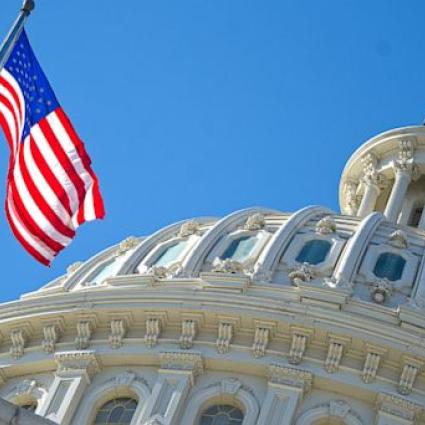Blog Post
Information for churches and other religious organizations who have questions about the Paycheck Protection Program. The information below is from the IRS.
Tax filers with adjusted gross income up to $75,000 for individuals and up to $150,000 for married couples filing joint returns will receive the full payment. For filers with income above those amounts, the payment amount is reduced by $5 for each $100 above the $75,000/$150,000 thresholds. Single filers with income exceeding $99,000 and $198,000 for joint filers with no children are not eligible.
Young filers: Yes, if they are not a dependent, and have already filed for 2019 then IRS will have their information and be able to process them. If it is the second year they have filed then the IRS would be able to use their 2018 or 2019 filings to send them a rebate. If they are a dependent but have not filed for 2018 or 2019 the Secretary of the Treasury is tasked with a public awareness campaign that will provide information with regard to individuals who may not have filed a tax return for taxable year 2018 or 2019.
Coronavirus Update March 27, 2020
Now that the President has been rightfully acquitted, it's time to move on. With this behind us, this is a new beginning for the President and our nation to focus on growing our economy, strengthening our military and restoring our values.
America can lead this century just like we led the last century. I call on all Americans to join with us to work towards an even better and brighter future.
On Tuesday night, February 4th, 2020, President Donald Trump will deliver his third State of the Union address and his 4th overall message to a joint session of Congress. A President's first speech to Congress is not officially called a State of the Union because it is delivered just weeks after taking office. Instead, it is simply referred to as an Address to Congress.



